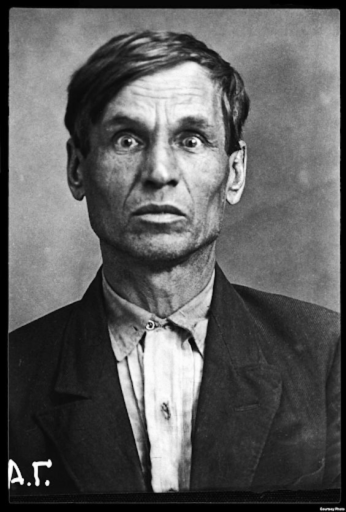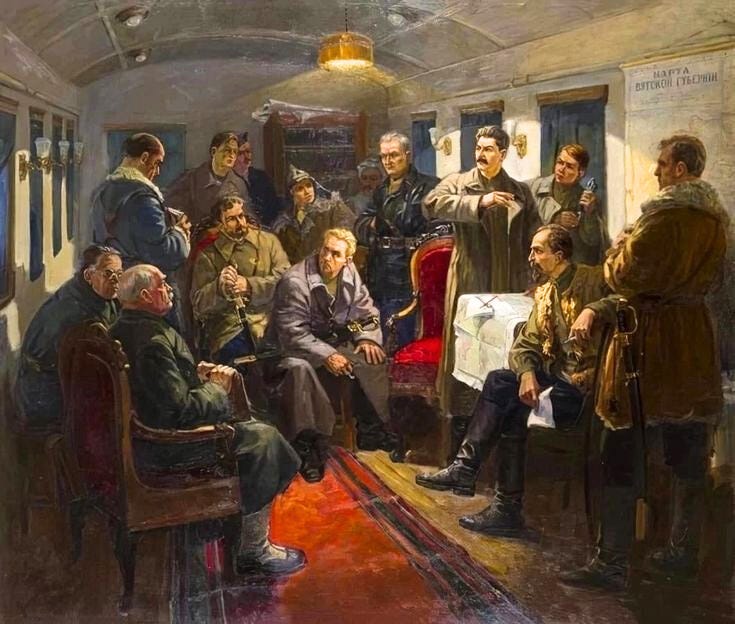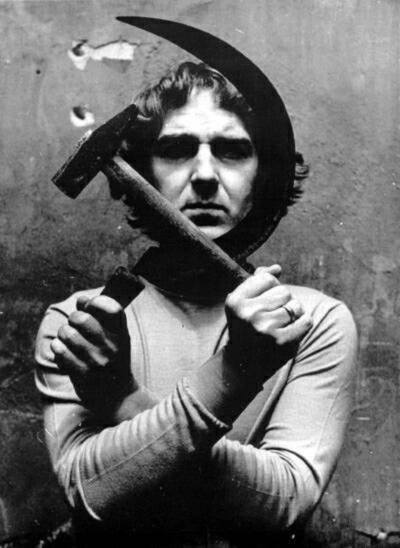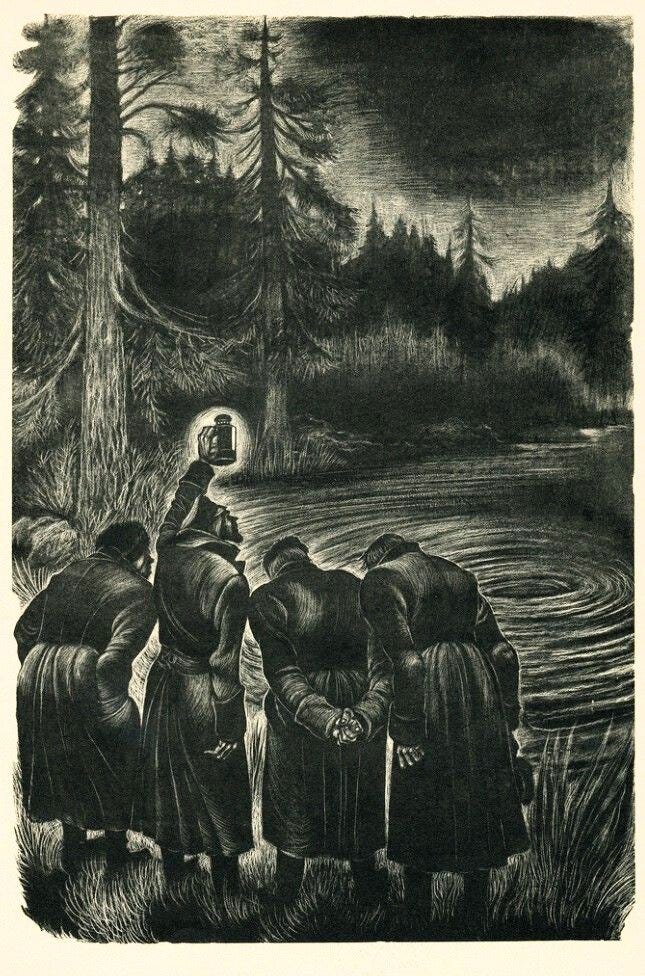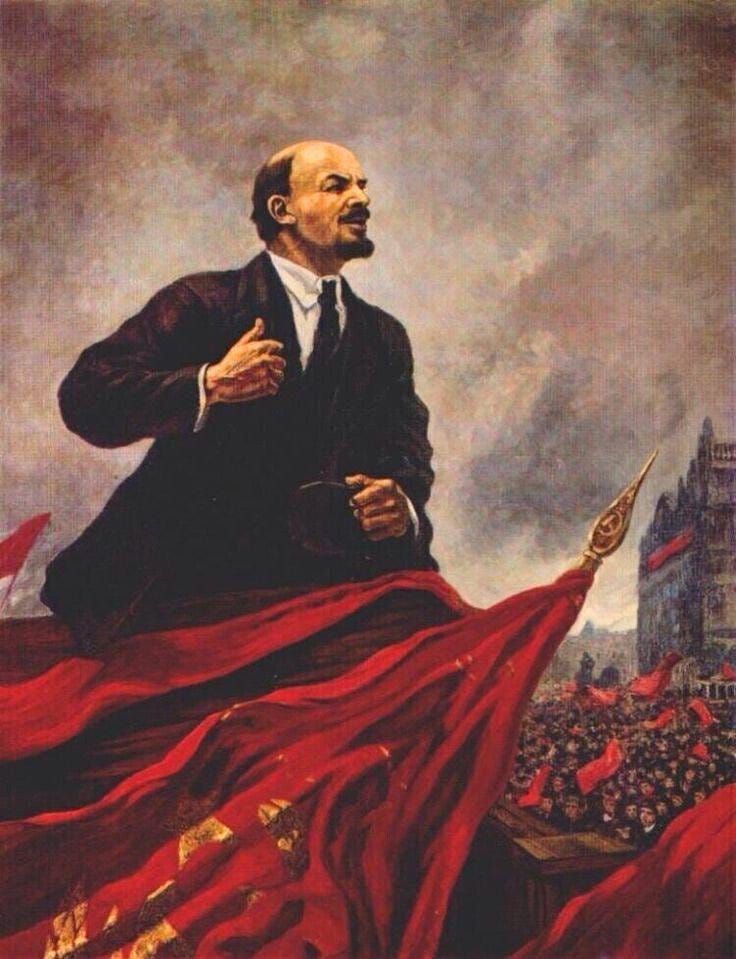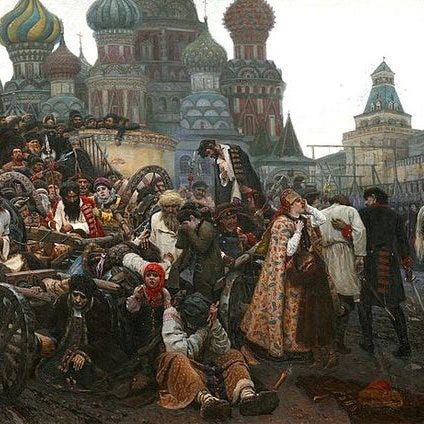Dostoevsky’s Greatest Villain: Sergey Nechaev
The real-life nihilist who inspired Dostoevsky’s novel The Demons
Few revolutionaries in history were as controversial as Sergey Nechaev. A pioneer of the Russian nihilist movement, he advocated for communist revolution by any means necessary.
He was no mere political theorist either — Nechaev practiced his beliefs, and committed atrocities that sent Russia into a national uproar.
By the end of his life, his legacy would change world history. Lenin would hail him a “Titan of the Revolution,” who wrote the communist playbook, though critics like Dostoevsky warned he was a genocidal maniac.
How could one man be so controversial? What did he believe, what did he do, and how did he change world history?
This is what we’ll uncover today, as we discuss the backstory of Russia’s most radical communist revolutionary…
Reminder:
I offer one on one coaching for men, focusing on faith, fitness, and the Great Books. More info here.
Additionally, if you’d like to support my mission of restoring Truth, Beauty, and Goodness to the West, subscribe below!
Poverty and Pain
Nechaev was born on Sept 20, 1847 in Ivanovo, Russia. He was raised in poverty and supported himself as a waiter throughout adolescence, though his career didn’t last long.
Nechaev despised both poverty and the powerful and would not content himself with a life of blue collar labor. Instead, he moved to Moscow at the age of 18, vowing to become a revolutionary.
Moscow itself was rife with revolutionary fervor. The big city further radicalized the impressionable Nechaev. He frequented underground revolutionary groups like the Decembrists, whose goal was to destroy society through violence and terror.
You can understand why Nechaev was upset. Poverty is no joke, and Russia had embraced a feudalist economic system that left the peasantry as indentured servants in practice.
In other words, there was a serious problem of economic inequality with limited opportunity for social mobility. But for Nechaev and his fellow revolutionaries, their goal was not merely income inequality. They did not care to create a just, virtuous, or more prosperous society… in fact the opposite.
Their sole goal was to raze society to the ground. To achieve “merciless destruction.”
Why exactly?
Nechaev himself would explain. He wrote a pamphlet that outlined the entire playbook of communist revolutionaries — their thoughts, goals, beliefs, and tactics — and its possibly the most evil piece of literature ever written.
Here’s what it says…
Birth of a Revolutionary
Nechaev’s pamphlet is titled The Catechism of a Revolutionary.
From its opening lines, the reader understands this is a disturbing piece of writing:
“The revolutionary is a doomed man. He has no interests, no emotions, no property, and no name. Everything in him is wholly absorbed in the single thought and the single passion for revolution… he has broken all the bonds which tie him to the civilized world. He must hate everyone and everything in it with an equal hatred”
For Nechaev, there is no morality, goodness, nor evil. The revolutionary is not a human being. He sacrifices his life, bond, and humanity to the goal of creating the communist revolution.
As Marx later explained, this means to destroy society and kill the bourgeoisie, so that the marginalized proletariat can seize the means of production and create utopia (how they’ll do so was never explained. Marx’s philosophy never seems to look beyond the bloodshed it calls for).
Nechaev continues by outlining the tactics of the Revolutionary to succeed:
“The revolutionary must live in society while pretending to be different from what he really is. He must penetrate everywhere, into the upper classes, the houses of commerce, the churches, and the palaces… Our enemies must be condemned to death without delay. [Everyone else] must be exploited in every possible way; they must be embroiled in our affairs and turned to slaves”
For Nechaev, to be a revolutionary is nothing short of a life of lies, murder, and deceit. He concludes that the sole thought of the revolutionary is “merciless destruction.” Any and everything must be sacrificed to the glorious revolution. Any atrocity, crime, or terror is not only permitted, but to be celebrated.
Understandably, it’s hard to believe any human being thinks this way. We have to remember that revolutionaries and Marxists deny the existence of Truth, Good, and Evil. They believe life is ruled by power and oppression, and society itself is the ultimate oppressor.
Given these beliefs, any and all violence that creates instability is to be celebrated. This is what motivates the mindset to “eat the rich,” for in the revolutionary’s eyes, his destruction is but a means of liberation for mankind.
That said, it’s one thing to critique Nechaev’s theory, another to see it in practice.
Unfortunately, we’ll see that Nechaev practiced what he preached…
National Infamy
To Nechaev’s credit, he was no hypocrite — he was a man of action who lived his philosophy.
He spent his adulthood distributing pamphlets and gaining traction for his revolutionary cause, but drew national infamy after a dispute with a fellow “comrade.”
This comrade, named Ivanov, disagreed with Nechaev about the group’s tactics in distributing their pamphlets, and he left the group. Nechaev took Ivanov’s departure as a form of betrayal, and sought swift action against an “enemy,” of the revolution:
He and his friends ambushed, strangled, and shot Ivanov, before dumping his body in a lake.
The murder gained national news in Russia, and caught the attention of Dostoevsky. The author read Nechaev’s pamphlet, was horrified by it, and inspired to write his infamous novel Demons. It’s Dostoevsky’s bleakest work by far, and exposes the true horrors of nihilistic communism drawn to their conclusion. Nechaev himself inspired the main antagonist, Pyotr.
Meanwhile, Nechaev was imprisoned for his murder, but sadly, his legacy didn’t end there. He gained the sympathy of his jailers, and smuggled letters out to his supporters, which led him to inspire the murder of Russian Tzar Alexander II. It was Nechaev’s last atrocity before he died of malnourishment in prison… but sadly, not even death would end his influence on mankind.
Legacy of Terror
While Nechaev’s life ended, his writing lived on. Most notably, Lenin admired the fervor, pragmatism, and militant force that Nechaev used to bring about communism. He even called Nechaev a “Titan of the Revolution,” and used his catechism as a playbook for Russia’s communist Revolution in the 20th century.
But Nechaev’s influence didn’t end in Russia. He eventually gained worldwide notoriety — inspiring communist revolutionaries across the globe. This included dictator Mao of China, and even the Black Panther Party of America, with one leader even calling Nechaev’s catechism their “Bible.”
In other words, if Marx inspired the call to arms worldwide, it was Nechaev who detailed the philosophy, tactics, and playbook of how revolutionaries were to take action.
He was the voice, reason, and spirit behind the mass murder of millions at the hands of communism throughout the 20th century.
Conclusion
Why study Nechaev in the first place?
Because understanding evil is the first step to resisting it.
Nechaev exemplifies a darkness that is the spirit of revolutionaries worldwide. All dialogues around deconstructing society in the name of equality, or dismantling “systems of oppression,” take some root or influence in Nechaev.
He shows us that the revolutionary thrives in secrecy, deception, and cannot bear to see the truth of his ideas come to light. Yet examining his life and writings does just this — it exposes the true terror of revolutionary communism. It’s not an ideology marked by love of the marginalized, but hatred of the powerful, and perhaps mankind.
It’s an ideology of bloodshed, that says no sacrifice is too far to support revolution.
By contrast, however, it’s Nechaev’s very need of secrecy that exposes the terror of his ways. The fact that he knows any sensible man would reject his ideology outright shows that his evil is doomed to fail.
It’s impossible for an ideology of shadows to bear the light.
As such, the greatest attack against Nechaev is not merely disgust for his evils, but a consequential love of Truth and Goodness itself — for no evil can bear the strength of a heart and soul who lays down his life for the Good.
As always, seek first virtue, and Providence tends to restore order and beauty to life in due time.
Thank you for reading!
If you’d like to go deeper:
I offer one-on-one coaching for men on faith, fitness, and the Great Books. More info here.
Subscribe for free to receive weekly emails exploring the Great Books and their lessons on Truth, Beauty, and Goodness.
Paid members get an additional members-only email each week!


